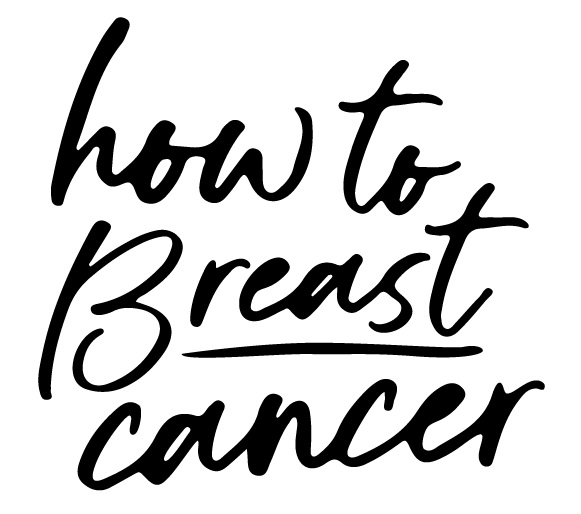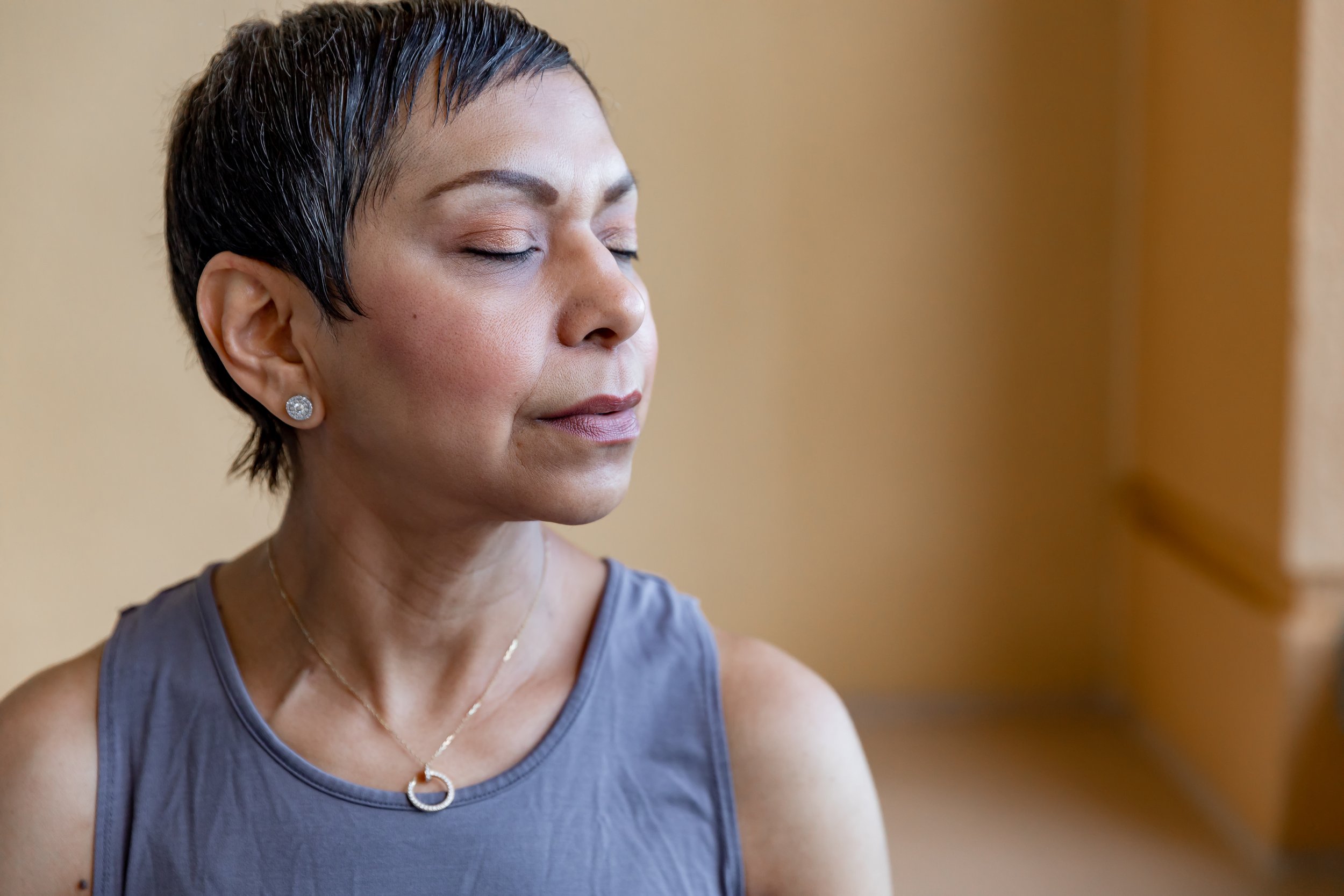How do you wind down?
“Tension is who you think you should be. Relaxation is who you are.”
— Chinese proverb
I love preparing to wind down at the end of each day; it is a practice I take as seriously as my health, because my health rides on its wings!
For a significant part of my life, I was one of those people who worked late into the night, and all too often sacrificed my sleep and my sanity because of work. Late night emails replies to the “bosses” that could not wait for the answer in the morning; the endless projects and documents to review, the insatiable need for PowerPoint presentations; oh and of course, the Board decks! On and on, the demands for my time were a constant and all-consuming companion...I know many of you reading (or listening) can totally relate.
And then, in early 2019, out of nowhere, cancer. The most horrible “six-letter” word ever!
And yet...
Shamefully, I will tell you now, that even after that initial shock, for the eighteen months that followed, I was still that person. Working late, tackling the endless projects and yes, answering the emails “that could not wait”....As I type this now, and look back on that time, my inner Consuellama voice says: I’d like to buy a vowel, please; an “I” for Idiot!
Towards the end of 2020, when all was going sideways rapidly and I had to place all my bets on a new treatment (the 8th chemo treatment regimen in eighteen consecutive months), I vowed to make a change and to prioritize how I wind down at the end of each day, so that I could show up for myself, for as many days as I am blessed to be living my best life on this earth.
And while there are many components to which I credit my successes since that decision, my evening routine to wind down, center and enable myself to truly repair, is a strategic and sacred tool in my life-kit.
Before we get further, I think it is important to clarify the concept of “winding down”...what it looks like when done well and its numerous benefits. Importantly, we will also highlight a few risks of not having a “wind down” practice...because, as you know, we live by the sage words of Dr. Maya Angelou: “When you know better, do better.”
What is a wind down routine?
At its core, a wind down routine includes a series of steps that begin to relax and calm your mind and thus signal that daytime activities are done, as you begin to prepare for sleep.
What are the key benefits?
One of the most significant benefits in having a good daily wind down routine, is great sleep, which in turn yields compounded benefits to all aspects of our health. In a recent article by the Sleep Foundation, they showcase the topic of sleep hygiene, why it is so important and its meaningful health benefits. For your benefit, we’ve included the full article.
High quality sleep is especially important for those navigating a cancer journey. In our article, I also share a few tips from my own routine, as always, with the intention for it to be helpful to you.
What are some of the risks of not winding down?
Research consistently shows that chronic poor sleep may increase the likelihood of developing dementia, heart disease, type 2 diabetes, obesity and even cancers of the breast, colon, ovaries, and prostate. Poor sleep can also affect a person’s ability to function while performing daily tasks, such as working or driving. And while sleep deprivation can be caused by many factors, like, depression, poor eating habits, or conditions such as sleep apnea, it is critical to understand what may be getting in the way of good, quality sleep and develop ways to make it better.
So how can we do better now that we know a bit more? To follow, we provide some of our own perspectives to help you on your journey.
How I do it – especially the week of treatment:
Strict bedtime: I am militant about my bedtime, especially the week of treatment. I know I need at least eight hours of sleep to truly repair my body. I work very hard to ensure I am in bed at least an hour before my “eight hour” allotment because I know it will take me a bit longer to truly fall asleep. The medications and treatment itself have a way of working against the patient’s ability to wind down. I know this is also true for those taking other (non-cancer related) medications. So I program a bit of extra time to allow my mind and body to begin to slow down. For those who live with others, communicating the need for this extra sleep is an important boundary to set and keep. It may mean that you or they sleep in a different room of the house during those days, to ensure you are maximizing the quiet and tranquil space you need to optimize your recovery.
Calming sounds: While I normally love to read before bedtime, it is a huge challenge the week of treatment because of nausea, fatigue and generally feeling really unwell. Therefore, I rely on listening to calming sounds (e.g. rain, or guided meditations like the ones on the Calm app). I find these to be helpful in not just falling asleep, but also in helping with the side effects (e.g. nausea, heartburn, and other unpleasantries). On the weeks of non-treatment, books are my go-to down time. At least thirty minutes before bedtime, I read. And once my eyes begin to feel heavy or tired, I know that is my cue to close the book and begin falling asleep. And by the way, while I rely on those electronics for these sounds, I do not use any visual electronics because those stimulate the mind versus calming it.
Calming scents: I am a big fan of lavender, mint, and eucalyptus. I spray lavender on my pillow each night and I find it to be one of the most calming scents on earth! Mint is quite refreshing and extremely helpful to ward off nausea. And last, but not least, eucalyptus, it is very earthy and can also help with creating a nice and soothing room ambience for sleep. Scents are very personal, so find the one that works best for you and make it a part of your routine.
Key Takeaways
And so, as always, I leave you with one key take away: just like a car has to slow to a stop before you park it and turn off the engine, you too need to slow to a stop before turning off your engine. SLOW DOWN, to wind down and REST UP!
With love,
Amelia O.




